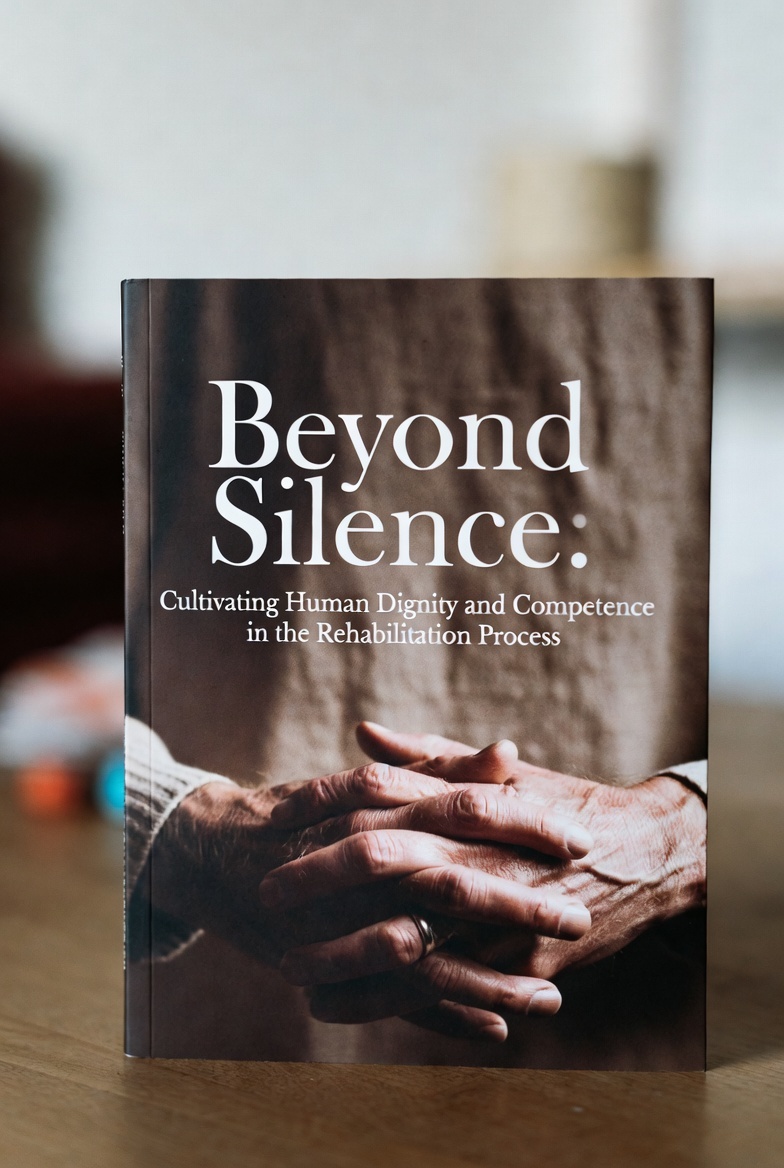Health advice often focuses on discipline—strict diets, structured workouts, and well-planned routines. However, fun is just as important. People who genuinely enjoy their healthy habits tend to stick with them. When movement, nutrition, and rest feel rewarding, they become part of daily life instead of tasks to check off a list.
Adding fun doesn’t mean ignoring health goals. It means making choices that feel natural, enjoyable, and easy to maintain. Whether that’s dancing instead of exercising, trying new flavors in the kitchen, or turning bedtime into a relaxing ritual, making health enjoyable removes the pressure. It’s time to stop treating well-being like a chore and start making it feel good.
Dancing Instead of Traditional Workouts
Exercise often feels like something people have to do rather than something they want to do. That’s why those who make exercise fun stick with it longer. Instead of forcing repetitive workouts, dancing brings energy, excitement, and creativity into staying active.
Whether it’s following a dance workout, taking a class, or just dancing around the house, movement doesn’t need to be structured. Unlike traditional workouts, dancing feels playful and freeing. It’s easy to do at any time, and it works without feeling like work.
Making Nutrition Enjoyable
Eating well doesn’t have to be about strict meal plans or avoiding foods that bring joy. Some of the healthiest people treat meals as an experience rather than a set of rules. Trying fun recipes, exploring different cuisines, or cooking with family and friends makes eating more enjoyable. Finding ways to add variety without stressing over every ingredient helps keep meals interesting.
Some individuals enhance their nutrition by seamlessly integrating supplements into their daily routine. Instead of overanalyzing every meal, they focus on small but meaningful choices that support their overall well-being. Many people choose USANA Health Sciences products to complement a balanced diet, giving them an easy way to maintain consistency.
At the same time, they make food more enjoyable by trying new recipes, blending smoothies with unexpected ingredients, or putting together vibrant, nutrient-packed meals. Rather than treating nutrition as something restrictive, they approach it with curiosity and enjoyment.
Listening to Nature Sounds for Better Sleep
Falling asleep shouldn’t feel like an assignment. Many people turn bedtime into a stressful process, checking sleep trackers or following rigid schedules. However, those who enjoy sleep tend to rest better. A simple way to make bedtime more inviting is listening to nature’s sounds through headphones instead of relying on screens.
Rainfall, ocean waves, or gentle forest sounds help the body wind down naturally. Unlike bright lights or background TV noise, these sounds signal the brain that it’s time to relax. Sleep shouldn’t feel like a struggle. Creating a soothing environment makes sleep something to look forward to.
Playing Games to Keep the Brain Engaged
Mental health is often treated as something separate from physical health, but both are connected. Those who stay mentally sharp find ways to challenge their brain without making it feel like work.
Whether it’s board games, trivia, word puzzles, or even video games, playful activities keep thinking skills active without feeling like another task. They also create moments of laughter and connection. Instead of seeing brain health as something that requires effort, making it fun turns it into something that happens naturally.
Using Creativity as a Form of Relaxation
Relaxation doesn’t always mean sitting still. Some of the healthiest people use creative activities to unwind, allowing their minds to reset while still being engaged. Painting, writing, playing music, or even gardening can feel both productive and calming at the same time.
Unlike structured routines, creative outlets allow for self-expression without pressure. There’s no right or wrong way to do it, and the process itself is often more beneficial than the final result. Avoid forcing relaxation through meditation or strict downtime, as incorporating creativity makes unwinding feel natural and enjoyable.
Letting Spontaneity Shape Some Health Decisions
While routines are helpful, rigid health plans can sometimes take the fun out of wellness. The healthiest individuals embrace spontaneity, whether it involves varying their meals, attempting new activities, or adapting to changing circumstances rather than adhering to a strict schedule.
They don’t force themselves into planned workouts or pre-decided meals every single day; they listen to what feels good in the moment. Maybe it’s taking an unexpected walk, choosing a different meal than usual, or trying a random new hobby. Giving oneself freedom keeps health from feeling like an obligation and makes it something to enjoy instead.
Outdoor Adventures Instead of Standard Workouts
Many people associate exercise with gyms, treadmills, and structured workout plans. However, those who stay active long-term find ways to move that feel exciting rather than repetitive.
Hiking, kayaking, paddleboarding, or even playing frisbee in the park makes exercise feel more like an experience than a task. The fresh air, changing scenery, and natural movement help keep things interesting. Unlike indoor workouts, outdoor activities don’t feel rigid. They offer freedom, spontaneity, and fun alongside several other benefits.
Turning Everyday Tasks into a Fun Challenge
Some people see daily habits as dull chores, while others turn them into small moments of excitement. Finding ways to make ordinary activities more engaging helps create a natural sense of movement and playfulness.
For example, cooking can become a friendly competition, a simple walk can turn into an exploration, and even household chores can be turned into a game. Whether it’s racing against a timer while folding laundry or trying a new playlist while organizing, adding an element of fun makes everyday tasks feel less routine. When something feels enjoyable, there’s less resistance to doing it.
Prioritizing Social Time for Overall Well-Being
Health isn’t just about eating well and exercising. People who feel their best also make time for social connections. Spending time with friends and family, laughing, and sharing experiences are just as important as physical habits.
Social activities create moments of joy, relaxation, and bonding, all of which contribute to a better sense of well-being. Whether it’s a casual game night, a spontaneous outing, or a simple conversation over coffee, these moments help recharge energy. Making time for fun with others keeps health from feeling like an isolated effort.
Finding Joy in Rest and Doing Nothing
Rest often gets treated like an afterthought. However, those who maintain a balanced lifestyle see relaxation as an essential part of well-being rather than something to feel guilty about.
Enjoying slow mornings, taking a break in the afternoon, or simply sitting and doing nothing for a few minutes helps reset the mind and body. Instead of filling every moment with productivity, letting go and unwinding creates more balance and energy in the long run.
Fun, play, and relaxation are as important as structured routines. Those who enjoy the process stick with it longer. Stop forcing workouts, counting every meal, or stressing over habits, as making health enjoyable turns it into a lifestyle rather than an obligation. Adding excitement, movement, and social time into daily routines keeps well-being sustainable, simple, and—most importantly—fun.




